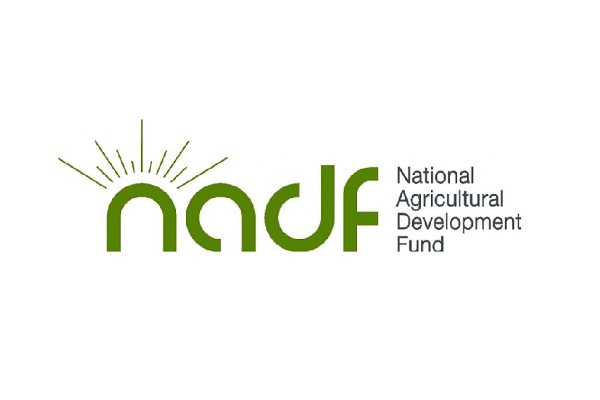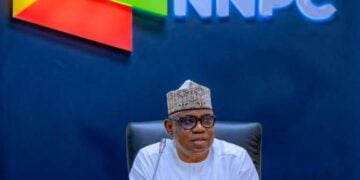National Agricultural Development Fund (NADF) in collaboration with the German Development Cooperation (GIZ) has unveiled an agricultural financing framework designed to be both gender-inclusive and climate-smart.
The framework is a shift from traditional credit systems toward a more holistic, equitable and resilient approach to farming in Nigeria.
At the Validation Workshop on Climate-Smart and Gender-Inclusive Financing in Abuja, stakeholders across the agricultural sector gathered to finalise the framework which aimed at empowering millions of women and youth with targeted financial tools and agricultural support systems.
Describing the initiative as “more than just documentation,” minister of Agriculture and Food Security, Abubakar Kyari, said the model reflects a firm national commitment to building resilient and inclusive food systems.
The framework reimagines agricultural financing by integrating mechanisation, extension services, digital tools, advisory support, and risk-sharing mechanisms, rather than relying solely on conventional credit models.
“Inclusion demands that we think beyond traditional financial instruments. We must explore innovative approaches leveraging digital platforms to provide tailored financial products.
Our pursuit of food security is intrinsically linked to our capacity to equip farmers, especially smallholders, women, and youth—with tools to adapt to climate-induced challenges,” the minister said.
Kyari also emphasised the need to integrate digital tools and financial literacy to ensure equitable access to resources for underserved farming populations.
NADF executive secretary Mohammed Ibrahim called the framework “an ambitious but necessary shift” in ensuring no Nigerian farmer is left behind.
He urged stakeholders to think boldly about bundling services such as financing, insurance, and mechanisation, offering ideas like “pay-as-you-plant” models and mobile wallet-based microloans for women.
“Our mission is simple: to unlock and deploy financing that works for every Nigerian farmer, no matter where they are or what barriers they face.
This is more than a validation exercise, it is the co-creation of a model that meets farmers where they are and moves them to where they deserve to be,” Ibrahim said.
Minister of Women Affairs, Imaan Sulaiman-Ibrahim called for urgent action to dismantle systemic barriers limiting women’s access to agricultural finance and land.
“Women constitute between 70 to 75 per cent of Nigeria’s agricultural workforce and produce nearly 80 per cent of our food. Yet they receive only a small fraction of credit and land allocations.
We must work collectively to ensure a level playing field where women’s contributions are recognised and supported, “she noted.
Representing GIZ, Dr Andrea Ruediger reaffirmed Germany’s commitment to Nigeria’s agricultural transformation and urged swift adoption of the framework’s recommendation including the development of non-collateralised loans, climate-smart agricultural practices and better institutional coordination.
In his remarks, chairman of the Senate Committee on Agriculture Production and Rural Development, Senator Saliu Mustapha, said, “Technology is key to food sustainability. We must drive this initiative forward, especially as we prepare to feed a rapidly growing population”.
Minister of Humanitarian Affairs and Poverty Reduction, Professor Nentawe Yilwatda, called for greater inclusion of displaced persons in national agricultural policy, noting that over 5 million Nigerians are currently displaced.
“We often forget those who don’t even have a voice. Yet they, too, must be part of our agricultural future,” Yilwatda said.











